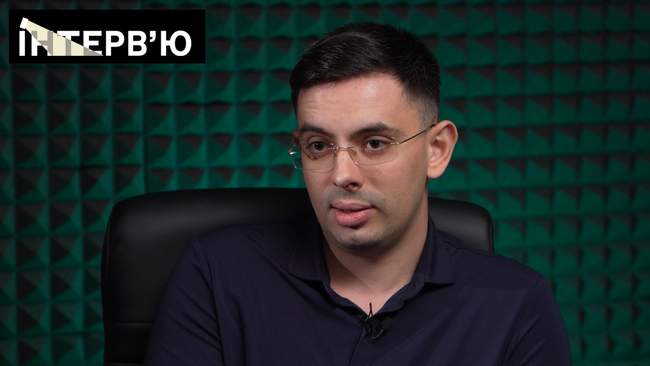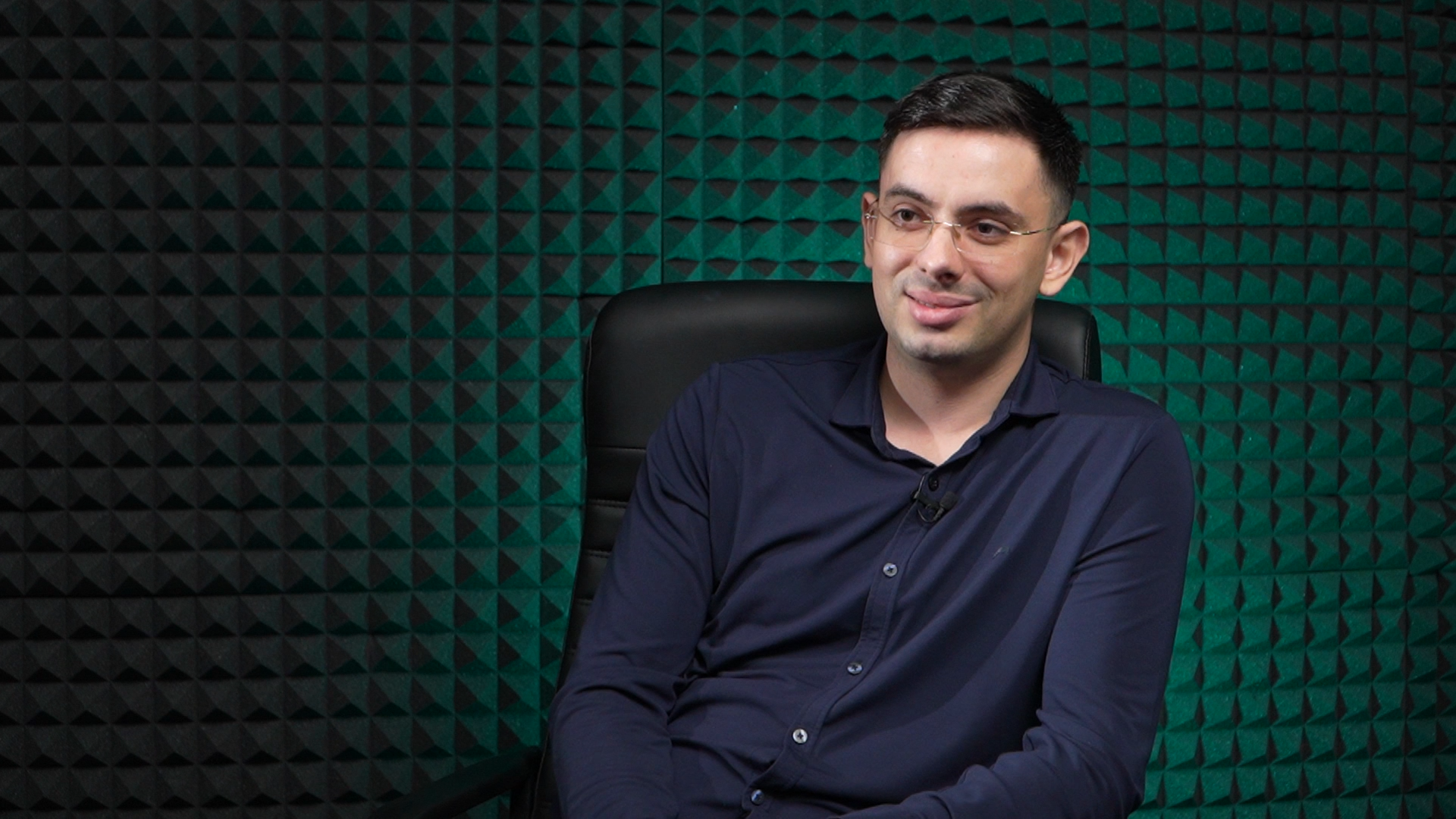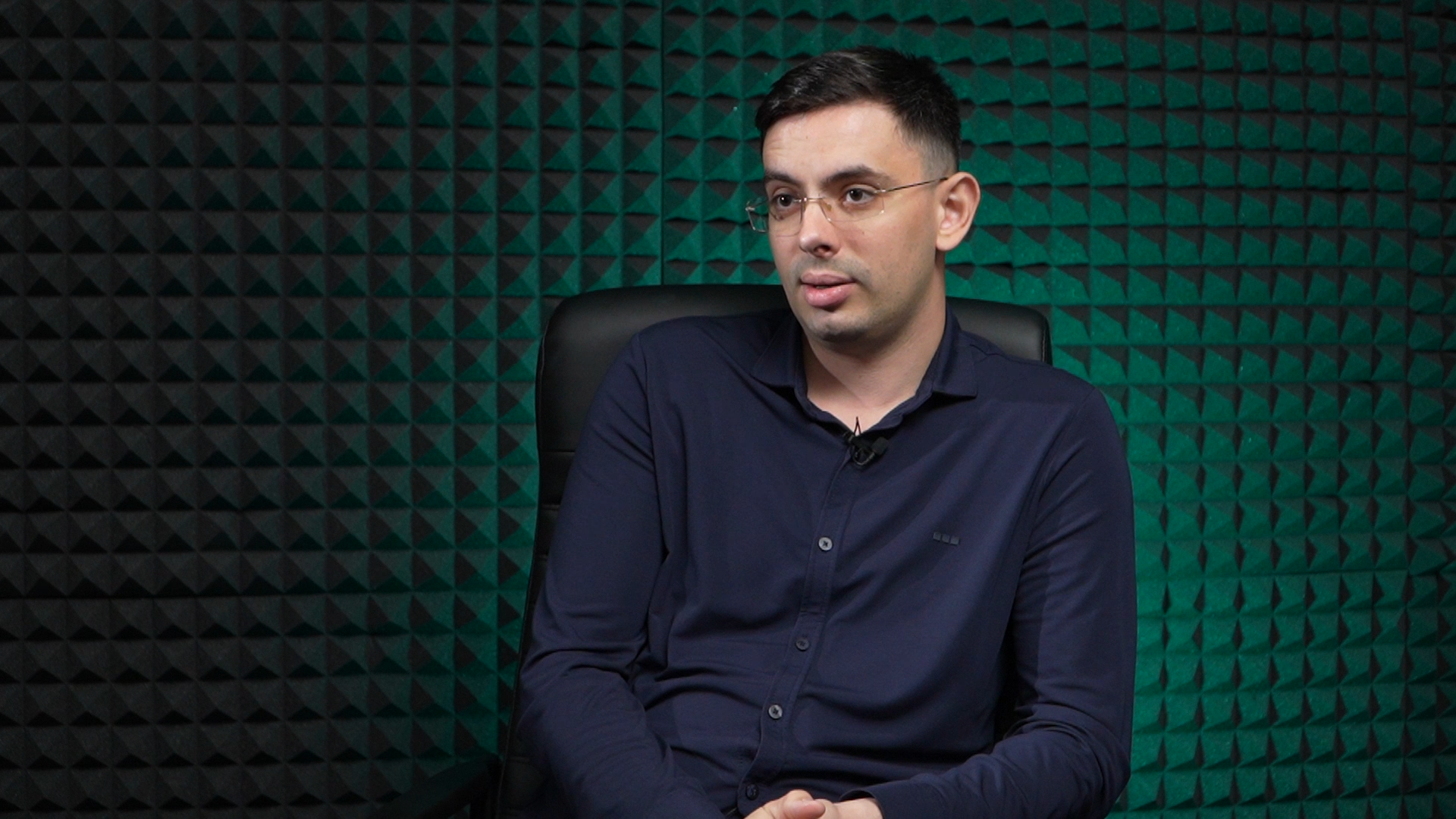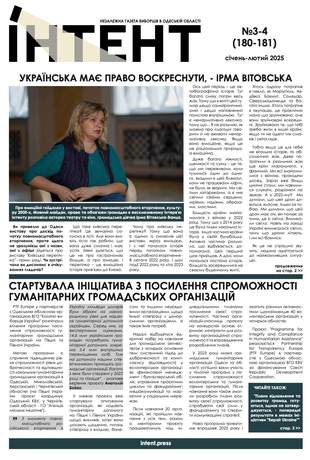Меню
Social networks
May 19, 2025, 10:39 p.m.
"The biggest fear of a doctor is that the patient will not recover," surgeon Ivan Beskrovnyi
Цей матеріал також доступний українською14

Are there moments when a doctor can turn away from thinking about patients? Why appendicitis is the easiest and the hardest surgery while surgeons operate for hours without rest. Watch the full interview here and read the shortened version of the exclusive interview with Ivan Beskrovnyi, Head of General Surgery at Odrex on Filatova, about the fears of a doctor and a patient, how to keep yourself mentally strong during surgery, whether surgery always means incisions and anesthesia, and whether it is possible to recover from surgery in one day.
Watch the full interview
Does treatment by a surgeon always mean incisions or is there an alternative?
No, it's not always incisions. There are some diseases that are treated conservatively, i.e. with certain drugs, medication: a drip or pills. There are many patients who need conservative treatment first, and surgery in a delayed period.
Patients are admitted with gastrointestinal bleeding. 90% of these cases are caused by bleeding from the upper parts of the body, i.e. it is usually the stomach - an ulcer or a tumor. And they always undergo gastroscopy, which is an examination where the esophagus and stomach are examined with a camera, and if there is a bleeding vessel, the bleeding is stopped immediately endoscopically during this examination.
How is it done?
Argon-plasma coagulation is performed, which is how the vessel is sealed with a laser and stops bleeding, or special endoscopic clips are applied. Because we have enough equipment to do this, not all hospitals can do it and have the opportunity for an endoscopist to do it at night. That is, not every endoscopist can perform this - you need to have sufficient endoscopic qualifications. These are instruments that are several millimeters in size. It is quite a jewelry work, it looks so easy, but it is quite complicated technically. Of course, if a doctor is qualified, it is not a big deal for him or her.

Ivan Beskrovnyi. Photo: Intent/Natalia Dovbysh
The best surgery is the one that was not performed. Do you confirm this statement?
In general, yes. But this applies only to those operations that can be avoided or postponed. For example, I always say this to bariatric patients who are going for a planned weight loss surgery. This surgery is usually not life-saving. That's why I always say that if patients have already tried all possible weight loss options and nothing has worked, then the only option left is surgery.
But the best surgery is the one that was not performed at all. This does not apply to those patients who have urgent conditions: appendicitis, cholecystitis, or have some kind of hernia. These diseases are not treated conservatively. And delaying the surgery usually leads to complications. If a patient thinks about surgery for a long time, waiting for a year, two years, five years, he usually comes to us with a complication, and this is worse for him, for his health.
Is general surgery always under anesthesia?
Not all general surgery is anesthesia. Anesthesia is also different. There can be epidural anesthesia, when a special injection is made into the back, that is, the spinal canal. Also, general surgery is often accompanied by local anesthesia. An injection is made, and you do not feel a certain area where the operation is performed. And that's it. You are conscious, you can communicate with the surgeon, but you do not feel a certain area of the skin.
Is appendicitis treatment the easiest surgery or the most difficult?
On the one hand, it's a fairly easy operation when the patient immediately goes to the hospital, as soon as he or she feels sick, he or she comes, there are no complications, when it's a young patient, without excess weight, without any "buts".
So why is it both the easiest operation and the easiest disease, and on the other hand, the most difficult? Many patients in the world - and this is global statistics - still die from appendicitis. Why? Because it happens that this appendix is located behind the intestine, that is, not outside, but rather inside.
In this case, for several days the patient does not feel the symptoms that other people feel. He doesn't even have any pain because all the inflammation is taken over by the intestine. But then he begins to feel pain only when this appendix, for example, has perforated, that is, a hole has appeared in it, and this inflammatory process has begun to spill into the abdominal cavity. And an abscess forms, a purulent focus. And then only the patient comes forward, and it is quite difficult to operate.
Now, when a patient comes with abdominal pain, we do a CT scan. In 90% of cases, we see this inflammation on a CT scan and confirm the diagnosis, but there are still 10% when the CT scan does not show inflammation, but it is there. And then the surgeon's experience comes into play, as far as he understands and sees.
Recently, I had a patient who was admitted with an intestinal infection, and he had normal laboratory values. There was practically no inflammation, minimal indicators, and he was sick for several days. This is not typical for appendicitis, as usually, if it starts, it manifests itself stronger and stronger every day, and the patient cannot stand it for several days and will definitely go to the hospital. But with him, everything is different. And this is only because he took hormonal drugs for his other diseases.
Against the background of these drugs, he had a completely different clinical picture. He even had a CT scan a few days ago, and it showed that everything was normal. There is no inflammation in the appendix, everything is fine. But the clinical picture changed in two days. It was only because of the clinical picture that we said that he did have appendicitis, and we believe that he needs to be operated on. And this diagnosis was confirmed in the operating room. We saved the man's life. So it is always a very special diagnosis.
Do you take your work home with you?
We don't carry paper data and medical histories, as we used to. This is no longer the case, but you always think about how best to do things, what has changed in his condition, tests. Maybe you need to change some antibiotics. I mean, unfortunately, this is the case. You are not always there when you are at home. I am very grateful to God for giving me a wife who is also a doctor. I often tell her something about my patients. And when I tell her, I look at it from a different perspective.

Do your children have no chance to become non-physicians?
I'm not sure if I wish them the same fate. I understand that most likely one of them will want to be a doctor and maybe even a surgeon. I know how hard it is, and how difficult it is that you're not always at home and you're always with your thoughts at work, so, to be honest, I would probably wish them something more relaxed.
It's their life, it's their choice, so I will support them.
How long did your longest surgery last, and what was the case?
It's hard to say, probably the longest surgeries were about 10-12 hours. Speaking of general surgery, these are usually operations related to obstruction, that is, in cancer patients, when there is some large tumor in the abdominal cavity, or in a patient who has already had operations before, that is, it is all sealed. And it is quite a scrupulous job to separate everything.
However, I assisted related specialists, usually vascular surgeons and cardiac surgeons. Their operations are a little longer. Sometimes they take 15 hours. Heart surgery is quite long. It's difficult.
How do you keep yourself in good shape?
You go in like in a trance. We don't usually have a window in the operating room. You concentrate only on the patient, and this time passes quickly. Even a trivial question - patients often think about how doctors go to the toilet.
If it's a fairly long operation, it happens that one surgeon gets blurry after a while, when it's a quiet stage of the operation, goes to the toilet, maybe drinks water, and then processes his hands again, puts on a new coat - it's all new. And he continues the operation.
But I can tell you from experience, when you perform a long operation, I don't know how it happens, but you are very focused on the operation for 5-6 hours. You don't think about anything else, not even about such basic physiological needs. We can operate all day and not take a sip of water. The human body is quite strong, but then you feel this fatigue, and after a day or two it covers you. But at the moment of surgery, you see nothing but the patient.












